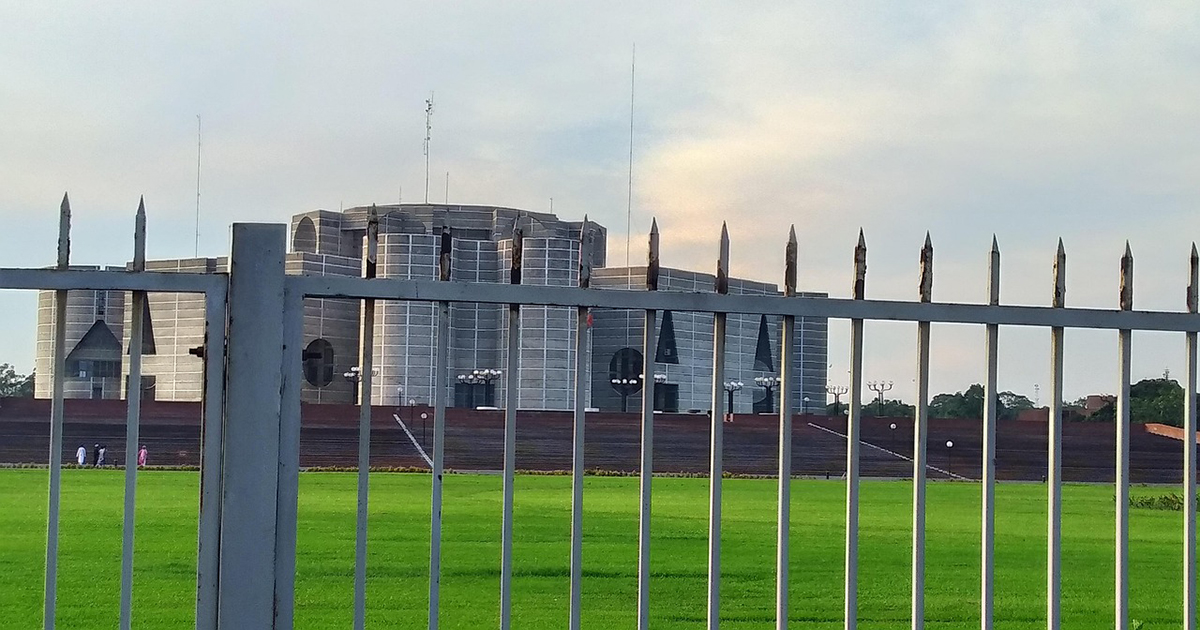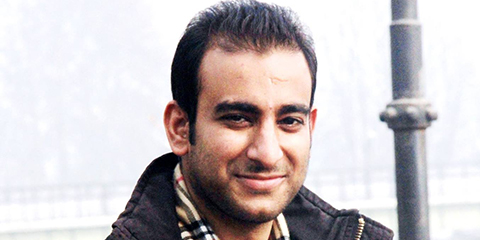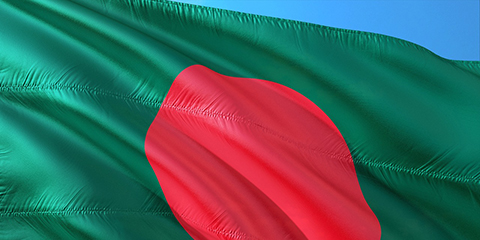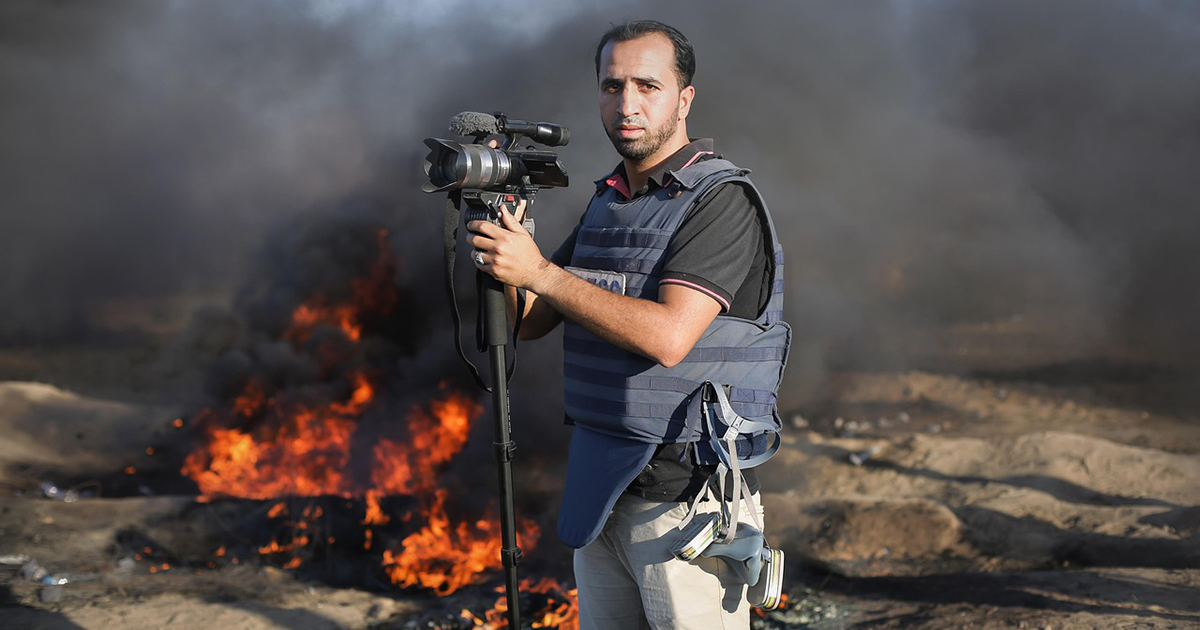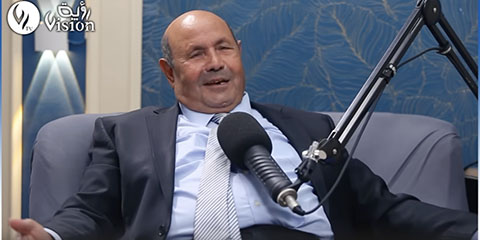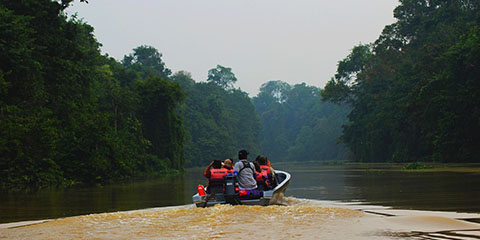OSCE hosts Central Asia Media Conference on Sustainability and Press Freedom
JournalismPakistan.com | Published last month | JP Asia Desk
Join our WhatsApp channel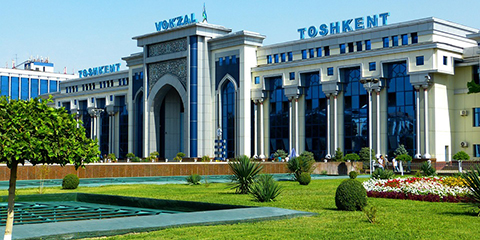
The 25th Central Asia Media Conference in Tashkent, led by OSCE, focused on media resilience, sustainability, regulatory challenges, and regional collaboration to support independent journalism across Central Asia.Summary
TASHKENT — Media leaders and experts gathered in Tashkent on November 13–14 for the 25th Central Asia Media Conference, hosted by the Organization for Security and Co-operation in Europe (OSCE) Representative on Freedom of the Media.
The two-day event centered on strategies to strengthen media sustainability, resilience, and independence across the region. Participants discussed regulatory challenges affecting journalists, explored business models for financially viable outlets, and emphasized cross-border collaboration as a critical factor for media organizations planning regional expansion or pursuing international donor support.
The conference addressed the rising pressures on press freedom in several Central Asian countries, including new regulations and market challenges that can limit independent reporting. Experts highlighted innovative approaches for maintaining editorial independence while securing funding, including partnerships with regional and international media networks, nonprofit models, and digital revenue strategies.
Delegates also explored the role of technology and social media in supporting sustainable journalism, emphasizing the need for training, fact-checking mechanisms, and collaborative investigative projects. Networking sessions provided an opportunity for media organizations to establish contacts for future joint reporting initiatives and cross-border exchanges.
KEY POINTS:
- The 25th Central Asia Media Conference was held in Tashkent on November 13–14 under the OSCE Representative on Freedom of the Media.
- The event focused on media sustainability, resilience, and independent journalism across Central Asia.
- Participants discussed regulatory pressures, business models, and funding strategies for regional media outlets.
- Cross-border collaboration and partnerships were highlighted as key for media growth and donor support.
- Technology, social media, and training were identified as critical tools for strengthening journalism.
- Networking sessions allowed outlets to establish contacts for joint reporting and regional cooperation.




